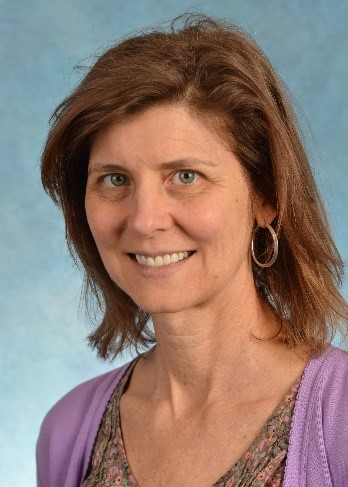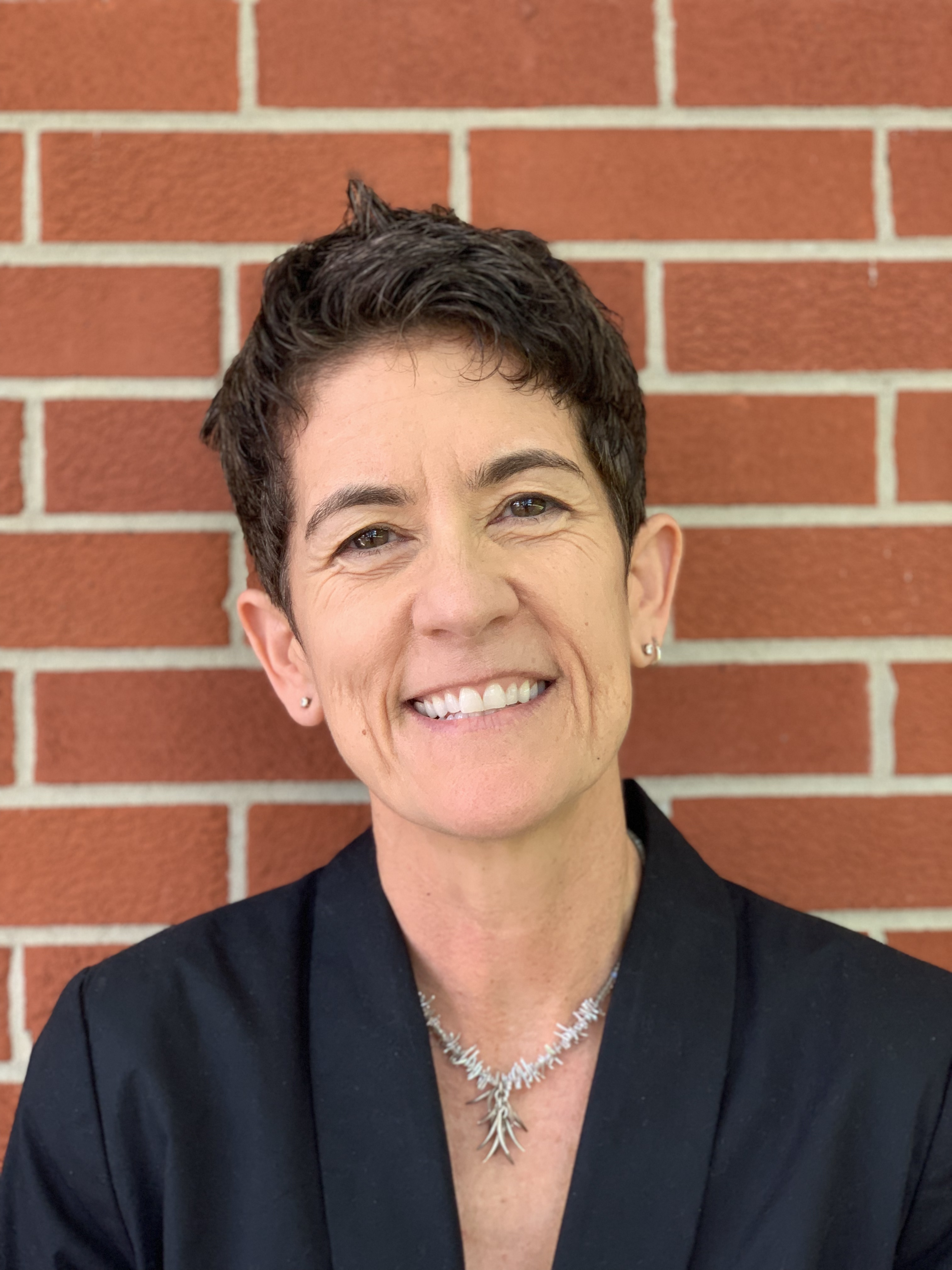Description:
The concept of neurodiversity refers to neurological differences like autism being viewed not as deficits but as a form of human diversity with associated strengths and difficulties. The number of adolescents with ASD transitioning to adult life is expected to increase from 1 in 150 in 2012 to 1 in 59 in 2024 (Baio et al., 2018). It is expected that at least 44% of these adults will have average or higher intelligence and the potential for college attendance. Individuals with autism who attempt college often experience great challenges and most have failed, with fewer than 20% graduating or even on track to graduate five years after leaving high school (Roux, et al., 2015). Featuring a neurodiversity paradigm, this session will highlight the primary differences that influence the overall experience of individuals with autism in postsecondary settings. Focusing on the culture of autism and understanding strengths and learning styles, we will discuss tools and strategies to support students and faculty/staff for success. The format of this seminar is a combination of presentation, discussion and case studies.
Trainer:
 Glenna Osborne, MEd, has been a special education teacher for children and adolescents with various disabilities and a Research Associate and Coordinator with the North Carolina Early Diagnosis of Autism Longitudinal Study for the University of Chicago and the University of Michigan. She served as Assistant Director of the UNC TEACCH Autism Program Supported Employment Program and an Adolescent/Adult Therapist for the Greensboro TEACCH Center. Ms. Osborne has served as Program Administrator/Clinical Supervisor for 3 grant projects involving transition and employability skills training, and is currently involved in several research projects exploring transition to adulthood for individuals with autism. She was a key contributor in the development of an Autism Enhancement for Project SEARCH. Ms. Osborne is a key author for the T-STEP (TEACCH School to Employment Transition Program). She has trained audiences both nationally and internationally about the TEACCH model.
Glenna Osborne, MEd, has been a special education teacher for children and adolescents with various disabilities and a Research Associate and Coordinator with the North Carolina Early Diagnosis of Autism Longitudinal Study for the University of Chicago and the University of Michigan. She served as Assistant Director of the UNC TEACCH Autism Program Supported Employment Program and an Adolescent/Adult Therapist for the Greensboro TEACCH Center. Ms. Osborne has served as Program Administrator/Clinical Supervisor for 3 grant projects involving transition and employability skills training, and is currently involved in several research projects exploring transition to adulthood for individuals with autism. She was a key contributor in the development of an Autism Enhancement for Project SEARCH. Ms. Osborne is a key author for the T-STEP (TEACCH School to Employment Transition Program). She has trained audiences both nationally and internationally about the TEACCH model.
 McCafferty S. Kermon BFA, is a LEND Faculty member at the CIDD (Carolina Institute for Developmental Disabilities), part of the University of North Carolina School of Medicine, where she also consults with TEACCH Transition Services and supports curriculum development for the HEELS Summer Intensive. She speaks nationally on neurodiversity, education coaching and leadership. McCafferty is an accomplished artist, a decorative painter and is on the autism spectrum.
McCafferty S. Kermon BFA, is a LEND Faculty member at the CIDD (Carolina Institute for Developmental Disabilities), part of the University of North Carolina School of Medicine, where she also consults with TEACCH Transition Services and supports curriculum development for the HEELS Summer Intensive. She speaks nationally on neurodiversity, education coaching and leadership. McCafferty is an accomplished artist, a decorative painter and is on the autism spectrum.
Learning Objectives
At the conclusion of this workshop, participants will be able to:
1.Give a brief description of neurodiversity as it is relevant for understanding and working with individuals who have autism.
2. Identify at least 3 frequently used terms when discussion autism that may be objectionable and 3 alternatives that come from the neurodiversity paradigm.
3. Identify 3 categories of differences/challenges for individuals with autism and average or above intelligence and associated learn styles.
4. Describe the 3 main components of a goal achievement process for establishing a working relationship with autistic students in a postsecondary setting.
5. Identify learning style challenges affecting a specific individual and effective strategies to support the individual from a list of possibilities.
References
- Baio J, Wiggins L, Christensen DL, et al. Prevalence of Autism Spectrum Disorder Among Children Aged 8 Years — Autism and Developmental Disabilities Monitoring Network, 11 Sites, United States, 2014. MMWR Surveill Summ 2018;67(No. SS-6):1–23. DOI: http://dx.doi.org/10.15585/mmwr.ss6706a1
- Roux, Anne M., Shattuck, Paul T., Rast, Jessica E., Rava, Julianna A., and Anderson, Kristy A. (2015). National Autism Indicators Report: Transition into Young Adulthood. Philadelphia, PA: Life Course Outcomes Research Program, A.J. Drexel Autism Institute, Drexel University.
- Wolf, L., Brown, J., & Bork, R. (2009). Students with Asperger Syndrome: A Guide for College Personnel. Shawnee Mission, KS: Autism Asperger Publishing Company
UNC Chapel Hill – Family Focus and Disability Lecture Series Programs 